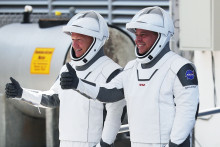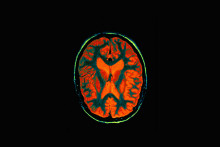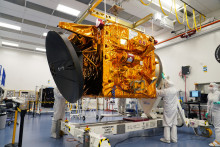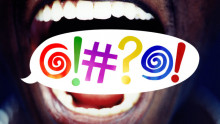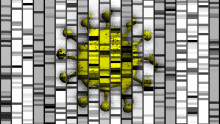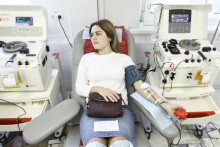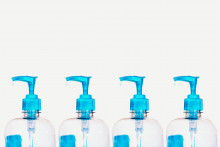SpaceX Brings Astronauts Home Safely in a Historic First
NASA astronauts Bob Behnken and Doug Hurley safely splashed down in a SpaceX Crew Dragon capsule off the Florida coast on Sunday after a two-month stay on the International Space Station. The two men made history earlier this summer when they became the first NASA astronauts to catch a ride to orbit on a private spacecraft as part of the SpaceX Demo-2 mission. It was a test flight to show NASA that the capsule is safe enough to fly humans, so the return of the astronauts concludes that mission.














































